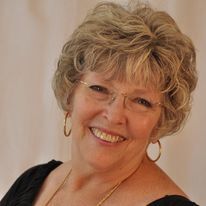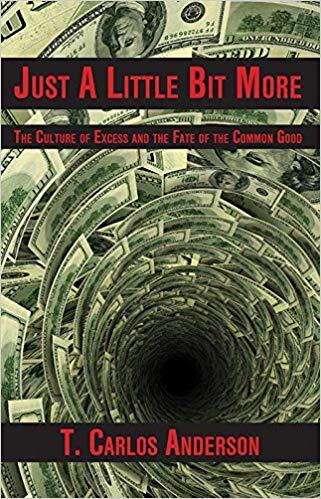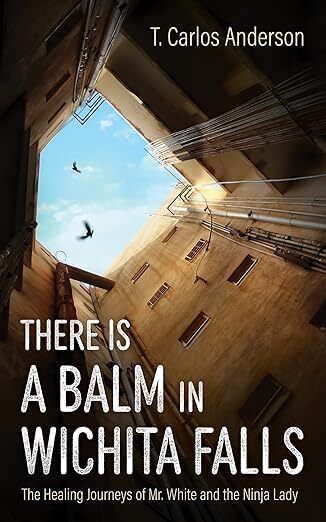Remembering Linda White

When doing research that resulted in the 2019 publication of There is a Balm in Huntsville, I was told by three people—Andrew Papke, David Doerfler, and Ellen Halbert—that I needed to meet and talk to a woman named Linda White. Each of them told me that Linda was an incredible person, a crime-victim survivor whose story was unparalleled. I consequently travelled to Magnolia, Texas in April of 2017 and spent the better part of a day interviewing Linda. My three encouragers were exactly right. Linda’s story was harrowing—the horrific murder of her daughter Cathy at the hands of strangers—and astounding—her life-long response to this tragedy positively influenced countless others.
Linda passed away on July 3, 2025. She was 84 years old. When I met her in 2017, she carted around an oxygen tank and told me that because of COPD, she only had a few more years to live. A lung transplant might have worked for Linda, but she told me that its possibility held no sway for her. The many accomplishments of her life—recorded on my phone that day—had already crafted a beautiful and lasting legacy. By that point in time, Linda had spoken to and with hundreds of people about her story of recovery and restoration. The list included TV personalities Oprah and Montel Williams and their wide audiences; it also included hundreds of prisoners who heard her story through a prison ministry program (Bridges To Life) designed to help them recover and turn their lives around. Yes, that’s the kind of person she was. Incredible. An outlier. One of the best of human beings.
Early on in her grieving and recovery process, Linda figured out that the healing she deeply craved wasn’t going to come via vengeance. The two young murderers of her daughter were sentenced to be in prison for a long time—more than 50 years—but she needed something beyond the state’s lawful retribution to reclaim, if even possible, her life.
In her search, she discovered something called “restorative justice.” Its emphasis on “repairing the damage done by crime” gave her life renewed purpose. Her reparation process was a lengthy one, but it was thorough. There is a Balm in Wichita Falls (published in 2024) fully details Linda’s recovery. As she told me, her recovery process and subsequent advocacy work for restorative justice practices were the best ways for her to honor her daughter’s life.
The dedication of the first of the two Balm books reads as follows: “This book is dedicated to Dr. Linda White—crime victim, restorative justice advocate, college professor to prisoners, and Victim-Offender Dialog mediator.” Parts of her story were included in the original manuscript for that book, but were eventually edited out. Little did I know at the time, however, that the outtakes of that book would turn out to be the basis for the second book.
For the second book, Linda’s recovery story intertwines with that of her good friend Ellen Halbert. Linda and Ellen didn’t know each other at the time of their simultaneous victimizations, but their journeys later merge. They form a deep friendship and work together for understanding, healing, and justice—There is a Balm in Wichita Falls tells their amazing stories in narrative, page-turning fashion.
In the last number of years, in society and politics, we’ve heard increased usage of “us versus them” verbiage and witnessed a renewed emphasis on retribution. Public safety, of course, is a crucial societal pillar produced by just laws and a fair and effective judicial system. Demonizing others and using fear as a political lever, however, contribute to the erosion of public safety. Linda’s and Ellen’s voices offer a better way forward, in the spirit of Jesus who said to “love your enemies and pray for those who persecute you.”
Similarly, the New Testament book of James states that “human anger does not produce the righteousness of God.” Thanks to Linda White, who looked beyond the limited scope of retribution to discover healing and experience restoration. This is her lasting legacy—the promotion of a different road forward for healing.
T. Carlos “Tim” Anderson – I’m a Protestant minister and Director of Austin City Lutherans (ACL), an organization of partners in Austin, Texas working together to serve low-income individuals and families.

 Check out any of my books – Just a Little Bit More (2014), There is a Balm in Huntsville (2019), and There is a Balm in Wichita Falls (2024).
Check out any of my books – Just a Little Bit More (2014), There is a Balm in Huntsville (2019), and There is a Balm in Wichita Falls (2024).



